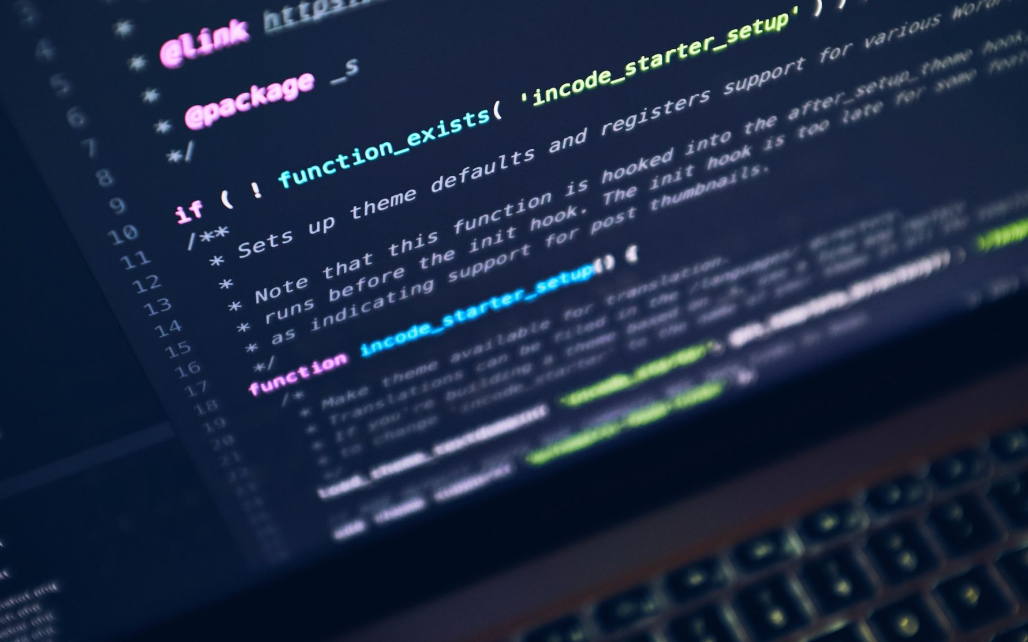A survey by GitLab has shed light on the views of developers on the landscape of AI in software development.

The report, titled ‘The State of AI in Software Development,’ presents insights from over 1,000 global senior technology executives, developers, and security and operations professionals.
The report reveals a complex relationship between enthusiasm for AI adoption and concerns about data privacy, intellectual property, and security.
“Enterprises are seeking out platforms that allow them to harness the power of AI while addressing potential privacy and security risks,” said Alexander Johnston, Research Analyst in the Data, AI & Analytics Channel at 451 Research, a part of S&P Global Market Intelligence.
While 83 percent of the survey’s respondents view AI implementation as essential to stay competitive, a significant 79 percent expressed worries about AI tools accessing sensitive information and intellectual property.
AI is perceived as a boon for developer productivity, with 51 percent of all respondents citing it as a key benefit of AI implementation. However, security professionals are apprehensive that AI-generated code might lead to an increase in security vulnerabilities, potentially creating more work for them.
Only seven percent of developers’ time is currently spent identifying and mitigating security vulnerabilities, compared to 11 percent allocated to testing code. This raises questions about the widening gap between developers and security professionals in the AI era.
The survey underscores the paramount importance of data privacy and intellectual property protection when selecting AI tools. 95 percent of senior technology executives prioritise these aspects when choosing AI solutions.
Moreover, 32 percent of respondents admitted to being “very” or “extremely” concerned about introducing AI into the software development lifecycle. Within this group, 39 percent cited worries about AI-generated code introducing security vulnerabilities, and 48 percent expressed concerns that AI-generated code may not receive the same copyright protection as code produced by humans.
Despite optimism about AI’s potential, the report identifies a disconnect between organisations’ provision of AI training resources and practitioners’ satisfaction with them.
While 75 percent of respondents stated that their organisations offer training and resources for using AI, an equivalent proportion expressed the need to seek resources independently—suggesting that the available training may be insufficient.
A striking 81 percent of respondents said they require more training to effectively utilise AI in their daily work. Furthermore, 65 percent of those planning to use AI for software development indicated that their organsations plan to hire new talent to manage AI implementation.
David DeSanto, Chief Product Officer at GitLab, said:
“According to the GitLab Global DevSecOps Report, only 25 percent of developers’ time is spent on code generation, but the data shows AI can boost productivity and collaboration in nearly 60 percent of developers’ day-to-day work.
To realise AI’s full potential, it needs to be embedded across the software development lifecycle, allowing everyone involved in delivering secure software – not just developers – to benefit from the efficiency boost.”
While AI holds immense promise for the software development industry, GitLab’s report makes it clear that addressing cybersecurity and privacy concerns, bridging the skills gap, and fostering collaboration between developers and security professionals are pivotal to successful AI adoption.
© OfficialAffairs